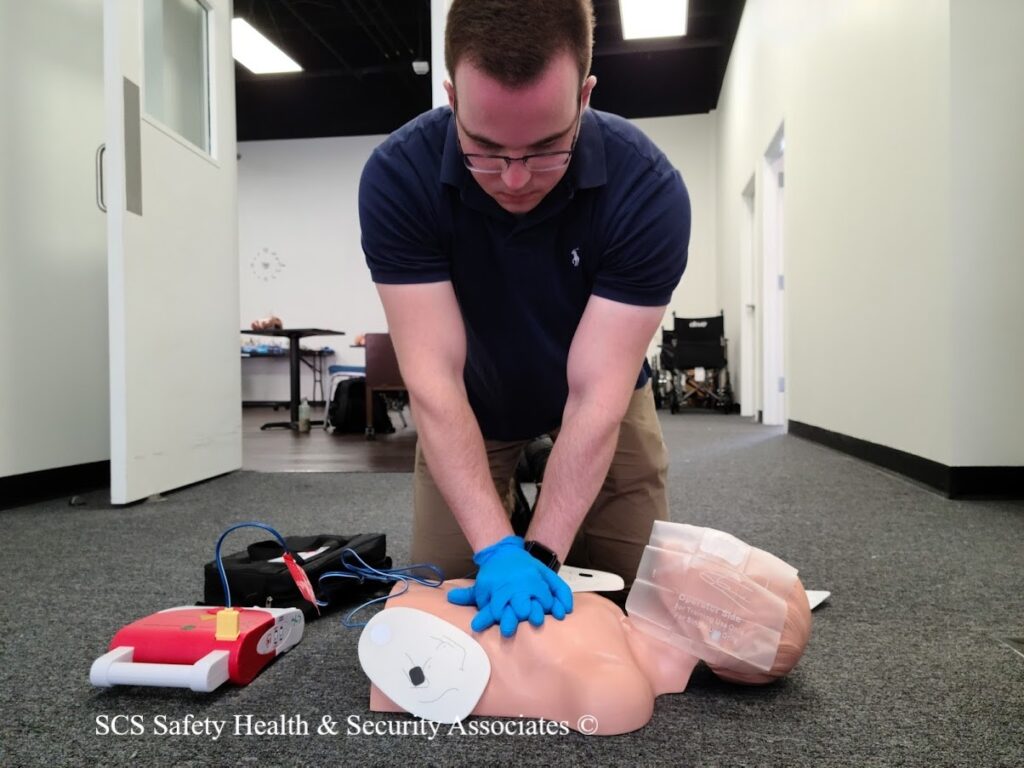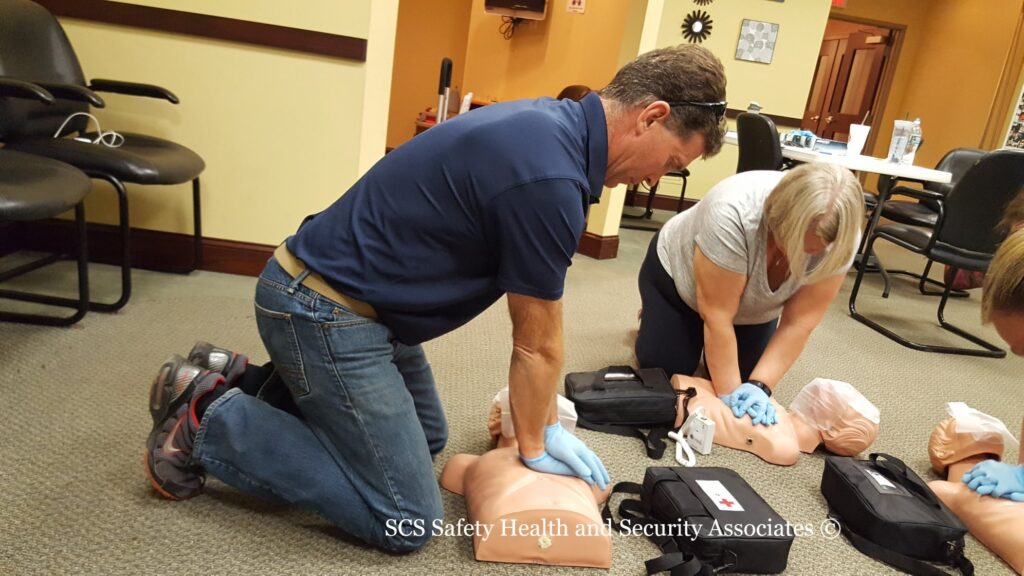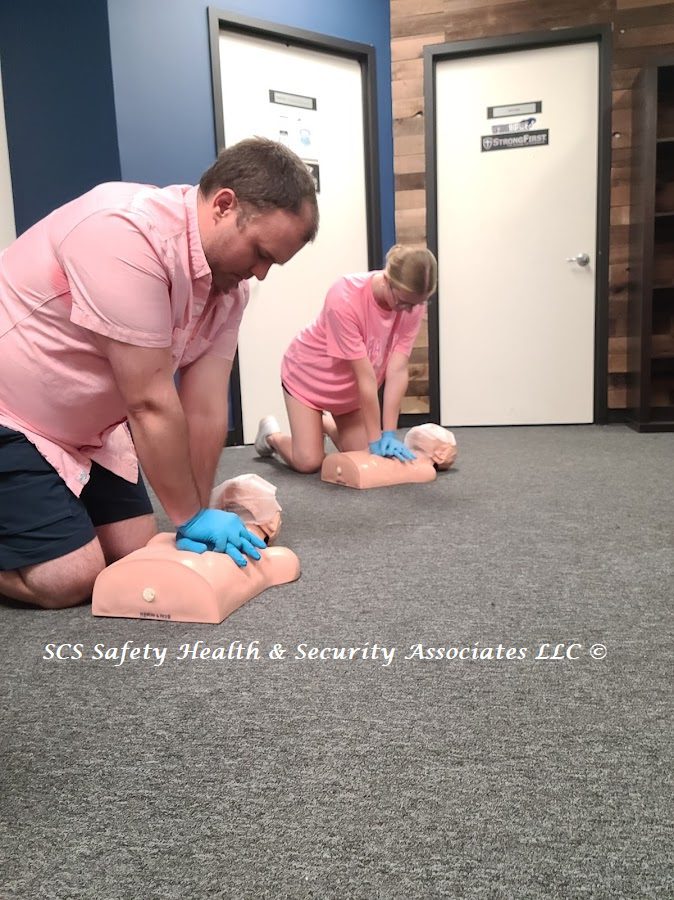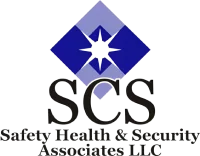National CPR and AED Awareness Week
Each year in the United States, the first week of June we observe National CPR-AED Awareness Week. The week serves to highlight the importance of getting training in cardiopulmonary resuscitation (CPR) and how to use an automated external defibrillator (AED).

This national movement stresses important facts to increase public awareness, such as most out-of-hospital cardiac arrests happen at home. When sudden cardiac arrest (SCA) occurs it is likely to be seen by a family member or close friend or bystander. Knowing what to do if a cardiac emergency occurs could help you increase survival rates and potentially save the life of someone you love.
What is Sudden Cardiac Arrest (SCA)?
Cardiac arrest is among the leading causes of death in the United States and worldwide. Specifically, cardiac arrest in adults is the loss of the heart’s ability to pump blood through the body due to an inadequate or absent heartbeat. The most dramatic occurrence, sudden cardiac arrest (SCA) can happen with little or no warning.
SCA occurs when the normal electrical impulses in the heart become rapid or chaotic and cause the heart to stop beating. This means the heart cannot pump blood, so blood flow to the body, along with the oxygen the blood carries to vital organs, abruptly stops.

Immediate, high-quality CPR along with early defibrillation with an AED can more than double the likelihood of a victim’s chance of cardiac arrest survival.
How an Automated External Defibrillator (AED) helps.
When someone is experiencing a cardiac arrest, an AED analyzes a person’s heart rhythm and delivers a lifesaving shock to restore the heartbeat. AEDs are simple and safe to use, even for untrained bystanders.
Most AEDs provide visual and/or audio prompts to begin CPR. Some AEDs also provide real-time CPR coaching and feedback to help the rescuer provide adequate compressions.
The closest AED is the best AED when cardiac arrest occurs. That is why having an AED in your home and AEDs in public areas with easy access are important for a cardiac arrest victim’s best chance at survival.
Why Cardiopulmonary Resuscitation (CPR) training is necessary.
Everyone from young children to older adults can benefit from taking a CPR and AED training course. When immediate CPR happens after a cardiac arrest, the person’s chance of survival increases.

Training with a CPR course that includes instruction in CPR skills and AED training is the best way to ensure everyone is prepared to deliver effective bystander CPR if an emergency occurs within your home or anywhere in public.
If you find yourself witnessing a cardiac emergency, and haven’t yet been trained in conventional CPR, you can remember Call-Push-Shock, a national collaborative movement co-sponsored by Parent Heart Watch (PHW) and Sudden Cardiac Arrest Foundation (SCAF) promoting hands-only CPR. It urges bystanders to call 911, provide CPR and use an AED.
Bottom line: CPR and AED training saves lives.
National CPR and AED awareness week stresses the importance of learning CPR and AED skills. People of all ages can make a difference by getting training for yourself, your family and even your colleagues at work.
Contact SCS Safety Health and Security Associates LLC and ask about their CPR AED and First Aid training or check out their course offerings. We also sell AED units, accessories and first aid kits.
Recent Posts
- National CPR & AED Awareness Week 2025 June 2, 2025
- Cultivating a Thriving Safety Culture: A Roadmap for Your Company May 17, 2025
- Embracing Safety in the New Year: A Fresh Start for Construction and Industrial Businesses December 30, 2024
- Emergency Response Plans November 27, 2024
- Safety Consultants September 9, 2024
Categories
- CPR AED (2)
- Forklift Safety (1)
- Safety (4)
- Uncategorized (1)
